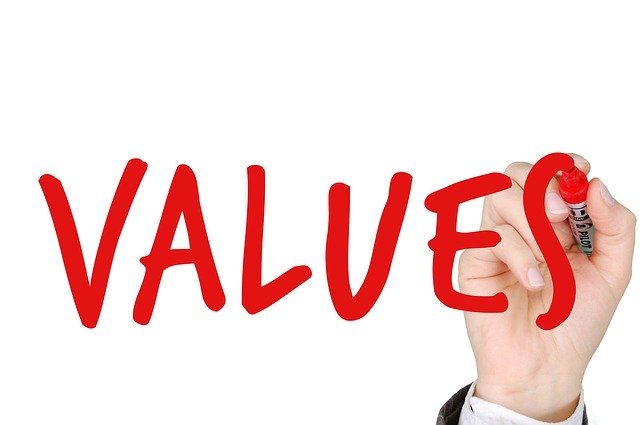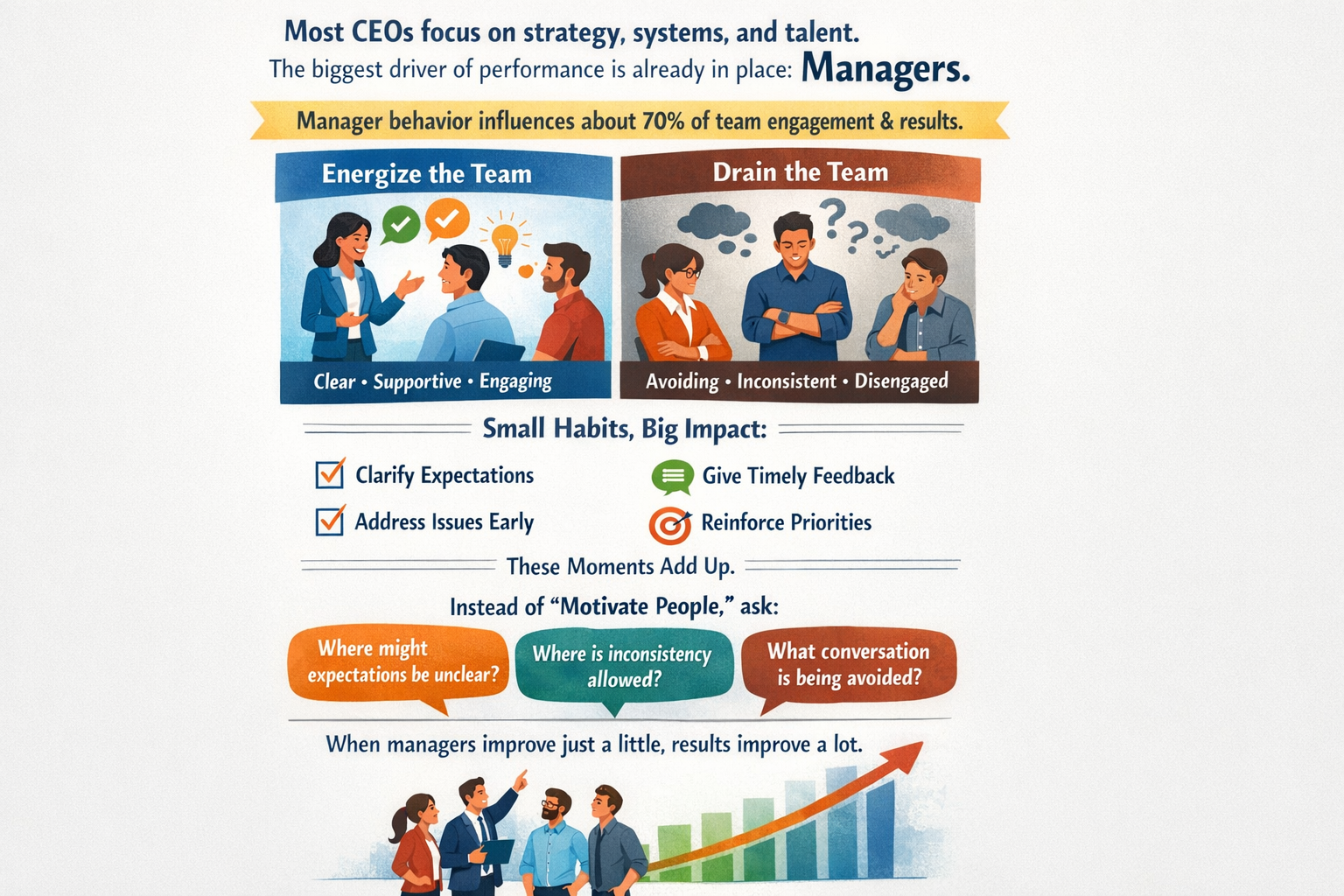Attracting & Keeping Motivated Team Members
This is a subtitle for your new post

If you prefer to have a 50% staff turnover every year rather then attracting and retaining quality team members, this article isn't for you! If you are interested in developing and keeping value-adding team members, read on!
We know that life will never again be like it was six months ago, but we aren't sure what the future will bring. However, we do know some factors that will be key to future success.
People are most engaged and productive when their personal values intersect with the values of their workplace. Therefore, organizations whose culture is aligned with the desired values of the workforce are the most likely to come out of our current disruption profitably.
Barrett Values Centre recently conducted a study on workplace values, gaining insight on future expectations. Barrett asked employees of all ages, and at all levels of many organizations, to indicate the values they experienced at work before Covid, are seeing during Covid, and would like to regularly encounter after Covid.
Which of the preferences uncovered by the survey would help your organization have a bright future?
- We have all adapted to unexpected realities this year. Many people now have a mindset that Adaptability is a highly valuable attribute. In the survey, all levels of employees (C-Suite/Executives, Managers, and Staff) indicate that the value that they most want in the new normal work world is adaptability. All ages of employees (Baby Boomers, Generation X, Millennials, and Generation Z) agree.
- Are you as a leader ready to adapt to the realities of the majority of your employees? Are you ready to establish workplace practices that they value personally so they are more enthusiastic and productive at work and become experts in serving your customers' needs and wants?
- Employee Engagement and/or Teamwork are desired at all levels of the organization and by all age groups except Baby Boomers. Living these values requires that employees appreciate and trust each other and enjoy their work. However only 17% of employees feel appreciated at work, and low levels of transparency, vulnerability, and trust have been the norm in many organizations.
- Are you as a leader ready to prioritize healthy interpersonal relationships in your organization? Are you prepared to allocate time and resources for everyone to develop stronger soft skills? Most companies who are developing staff in these areas are experiencing a higher return on such investments than from technical skill training.
- Open Communication is desired by the C-Suite/Executives and by Staff. Both Millennials and Generation Z value it. However, it isn't seen as important by Managers, Baby Boomers, and Generation X.
- Many mid-level managers are Baby Boomers or Generation X. They may be responsible for hiring, onboarding, training and development, quality output, and performance reviews. Yet, most managers don't excel in these tasks. Open communication is essential for success in these areas. Are you as a leader ready to ensure your organization equips everyone who manages other employees with the skills to excel?
The majority of the workforce is expressing a desire to work for organizations where the values of Adaptability, Employee Engagement, Teamwork, and Open Communication are experienced every day. When employees' personal values are aligned with their workplace values, the organizations have stronger bottom lines.
Are you ready to invest in equipping your managers to lead your staff towards a win/win workplace experience? Or, would you rather put up with turnover, mediocre productivity, and ho-hum bottom line results?


